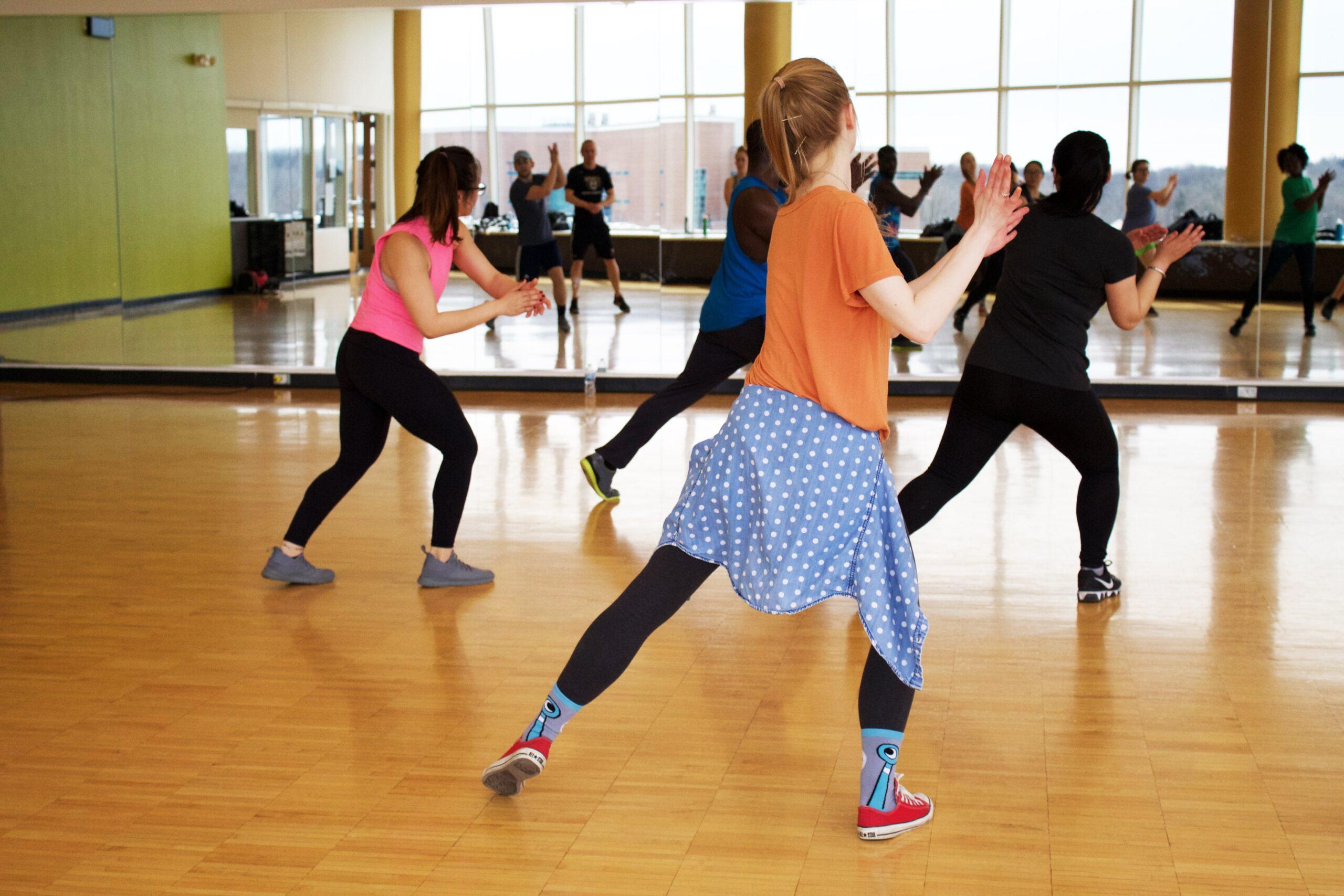Child-rearing is full of defining lessons. Passing on family values, teaching how to be a good winner and not a sore loser, and helping kids navigate social relationships and friendships are just a few of the critical life lessons we share with our children. Along the way as parents, we often wonder if we are making the correct decisions for our kids. We love our children unconditionally and work hard to ensure that every choice we make contributes to their development and happiness. And while we tend to reflect on choices made with big hearts, we wonder if they are the best parenting decisions.
Sound familiar? We all fall into the second-guessing parent trap. Have we chosen the right bedtime? What about the correct disciplinary style? Have we enrolled our children in the programs that provide our kids with the best experiences for them?
Here are six things to think about this fall when enrolling your children in activities.
- High-Quality Childcare. Determining that the program’s environment is both fun and safe is a priority. Does the program uphold a nationally recognized accreditation? What is the staff-to-child ratio? What type of screening and training process does the staff complete? Simply put, you want to understand who will be working with your children.
- Health and Fitness. Raising adults who are physically fit and have healthy eating habits starts by instilling these values in them as children. The Centers for Disease Control and Prevention estimates that 17 percent of children ages 2-17 are obese. That is a staggering statistic. Choosing programs that emphasize fitness and encourage healthy food selection is key. Ask health-minded questions like: What type of snacks will my kids be given? What types of physical activities and exercises do kids engage in? How much time with an electric device, such as a computer or television, are children exposed to? Even if you’re enrolling children in an athletic extracurricular, such as a weekly soccer or yoga class, become familiar with the breakdown of the day. In the same respect, you want to confirm the activities are appropriate for your child’s age and ability level. And if the program is not athletic in nature, inquire if there’s a fitness or heath-focused component, like a nutritious snack or supervised play in an area that encourages physical activity.
- Educational Enrichment. Educational development is important at programs that purport to build learning, language and literacy skills, as well as other abilities that come in handy in the classroom and out. Find out what and how children learn at the program. Take the time to evaluate the level at which children are mentally stimulated. Will all five senses be part of the learning process? How engaged are children, including those who have special needs or benefit from particular learning styles. Is the program entertaining in some capacity, as well as educational? In addition, are there innovative opportunities to learn and other unique aspects of the program?
- Development of Social Skills. A huge concern, no matter how social your children, is whether kids make friends in a program. Ask how the program works to achieve that goal while making everyone feel like part of the group. What opportunities exist for children to learn about appropriate social interactions? How are children encouraged to gain confidence and self-esteem in the environment?
- Community Stability. We live in a different world than the one we grew up in. Most of us today don’t even know that names of our neighbors. Look for a program that creates a community for children to be welcomed in with open arms. Also, who are children’s supervisors and potential real-life role models?
- Future Success. When raising our children, we hope they will become competent and content adults. Take advantage of programs that provide world preparation and readiness. In the programs you’re considering, contemplate if each of your children will gain crucial life skills like problem solving, learn to manage separation from parents and develop the savvy to deal with problems faced when developing at his or her own pace.
Entrusting children to the care of others at programs often stirs anxiety in parents. But by heeding the advice above and addressing the talking points for finding ideal activities for your children, you can rest assured that your kids will be well taken care of as they learn to thrive in school, among their friends and in the world at large.




